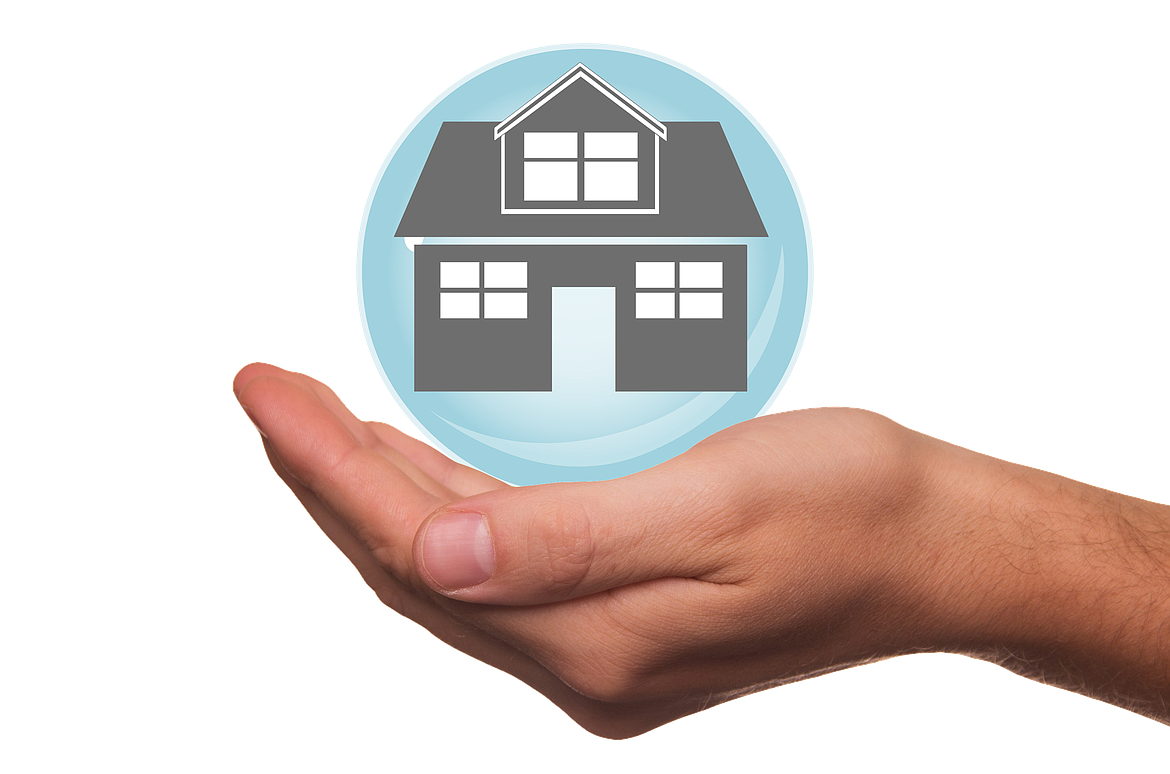Home coverage
MOSES LAKE — For a lot of people, their home is the most valuable thing they’ll ever own. And when you have something valuable, naturally, you want to protect it. But how much homeowners insurance do you need?
Become a Subscriber!
You have read all of your free articles this month. Select a plan below to start your subscription today.
Already a subscriber? Login





